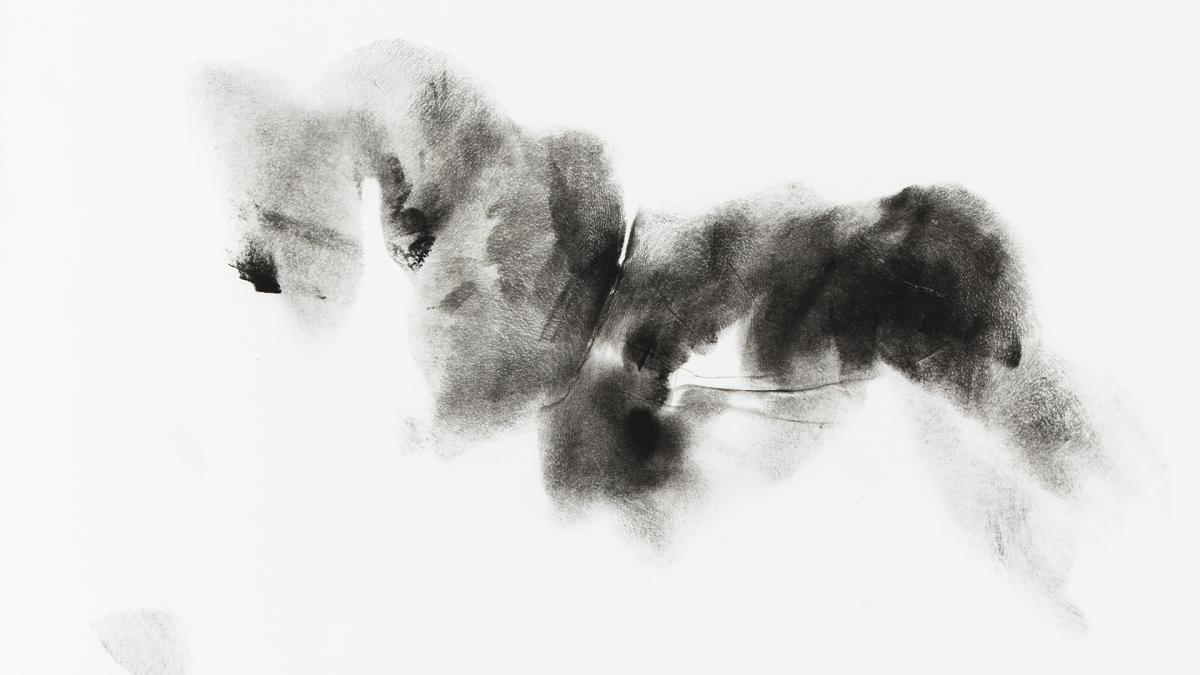Embodied knowledge Increases our understanding of the world and may help us fight the ecological crisis
Rational thinking is not the only way to gain information of the world. Even our embodied emotions and senses can give us many insights, says researcher of embodiment Kirsi Törmi.

If sea anemones find themselves threatened, they flatten themselves against the bottom of the sea.
When they feel safe, they open up to the world “like flowers”, describes Finnish researcher of embodiment and therapist Kirsi Törmi.
Törmi is involved in a Uniarts Helsinki project where she has studied the embodied sense of security in the context of young people who are in somewhat of a drifting phase in their lives.
“If we feel that our surroundings aren’t safe, our body goes into protection mode automatically. There is that much of the animal left in us. A prerequisite for daring to test out our limits is feeling safe within the group that we’re in,” Törmi notes.
Better awareness of feelings, better choices
In the Western contemporary society, knowledge and intelligence are often associated with rational thinking, but our bodies, too, can tell us a lot about the surrounding world. Reacting to a threat or to a sense of security, like primitive sea anemones do, is just one example of embodied knowledge.
“Emotions are embodied. They steer us in various decision-making moments and in choices that we make about life. The more we become aware of the feelings in our body, the better choices we can make: it can help us increase our sense of enjoyment and value in our work and feel that we are living a life that feels right for us,” Törmi explains.
Avoiding people is tiring
The pandemic is characterised by seclusion from other people and avoiding physical contacts, which has made many people discover the meaning of bodily experiences in a new way. Avoiding other people is tiring, especially when the situation persists.
One reason why face-to-face encounters are meaningful is so-called bodily co-regulation.
“If I am anxious about something and you are not, I receive neural regulation support from your body. When there are no face-to-face meetings, we are fairly alone with our feelings.”
In other words, people react to the sense of calmness or relaxedness that another person’s body communicates, and then adapts to it.
Even though people are not interacting as much in person during the coronavirus pandemic, bodily co-regulation works to some extent also through a remote connection. When interacting remotely, it is important to keep the cameras on and have everyone involved in the situation by reacting to other people’s comments by smiling and nodding.
Body awareness is on the rise
Even though the coronavirus has made many people suddenly aware of the significance of bodily contacts, body discourse is not a new phenomenon. Body awareness and different body and mind techniques have become somewhat of a health trend during the past decade.
“We should talk about feelings and emotions more, so that everyone would have the courage to express their feelings of anxiety or shortness of breath out loud when working as part of a team, for example. Increasing awareness on this is still at the early stage.”
Instead, people often pursue external goals, such as attaining a body of a certain shape or achieving better results at work or sports.
Towards a more sustainable relationship with nature
According to Törmi, increasing embodied understanding can lead to a more sustainable relationship with the nature and help in fighting the ecological crisis. An empathetic and attentive attitude towards one’s body is linked to having a more ethical view of the world, Törmi explains.
“I wish that we would regard both our own body and bodies of others as living beings worthy of protection: that we wouldn’t exploit ourselves or other people by demanding too much of ourselves or by acting in a confrontational or aggressive way,” Törmi says.
Text: Silja Ylitalo
The article is a shortened version of a longer one in Finnish.